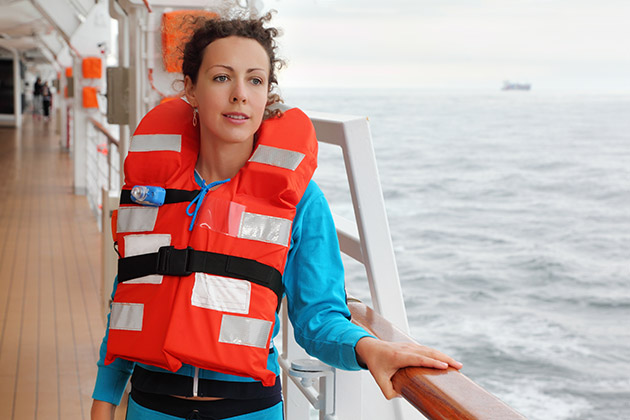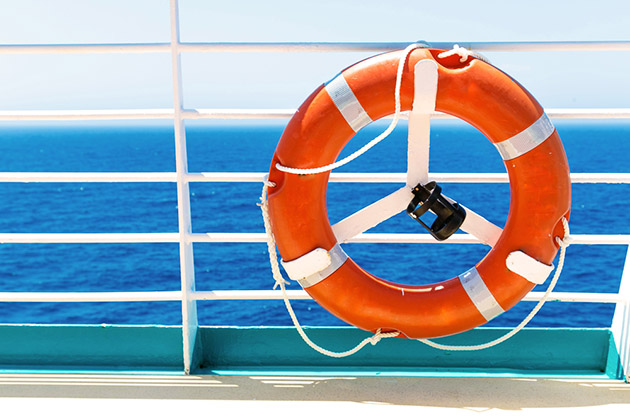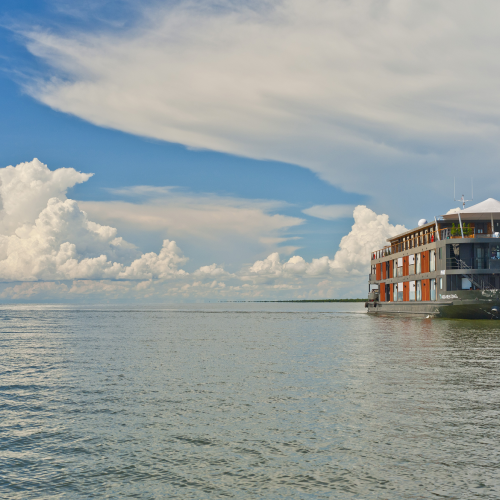Is Cruising safe? Get the Facts.
The recent quarantining of theDiamond Princess(Japan), theWorld Dream(Hong Kong) and theWesterdam(Cambodia) has raised concerns about the safety of cruising during the epidemic.
While the crisis is unprecedented in scale for the cruise sector, ship operators have extensive experience in dealing with the challenge of containing disease outbreaks.
Is Cruising safe? Get the Facts.

1. In coordination with cruise lines, medical experts and regulators around the world, Cruise Lines International Association (CLIA) and its member lines are closely monitoring for new developments related to the coronavirus and will modify policies as necessary with the utmost consideration for the health and safety of passengers and crew.This involves informing passengers and training travel agencies about the measures that companies are taking to minimise risk and exposure to the virus. One measure being examined, for instance, is enhanced passenger reporting of medical vulnerabilities at the time of booking.

2.With strict measures in place, as guided by national and international health authorities, CLIA and its member lines do not believe restrictions on the movement of ships are justified. Cruise Lines International Association has been working with member cruise lines, such as Carnival and Royal Caribbean, as well as the U.S. government, to produce a framework of such guidelines. Those include ?more stringent boarding procedures,? better monitoring capabilities and quarantine arrangements. But stricter medical protocols could be just the start.Ensureregular temperature checks, expandonboard medical centers, improveair filtration systems and mandatory ?fit to travel? documents for older travelers could all become part of the package for future cruises.

3.Ships must be fitted with onboard medical facilities, with shipboard medical professionals available around the clock, 24/7,to provide initial medical care in the event of illness and help prevent disease transmission.Ship doctors and nurses are most likely to deal with passengers suffering from respiratory (influenza) orgastrointestinal (norovirus) illnesses, motion sickness or injuries.Cruise ship medical facilities must adhere to the standards set by the American College of Emergency Physicians.The ACEP guidelines dictate that the infirmary must contain the proper equipment to handle a range of treatments and diagnostics.
Reference |Cruise Lines International Association (CLIA)













